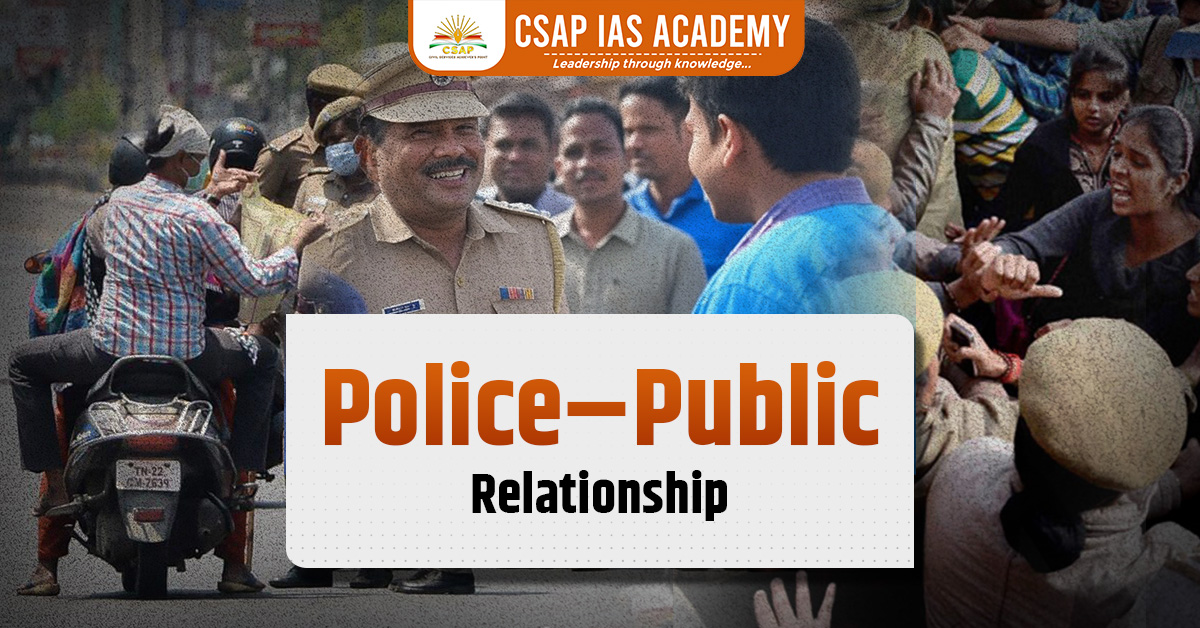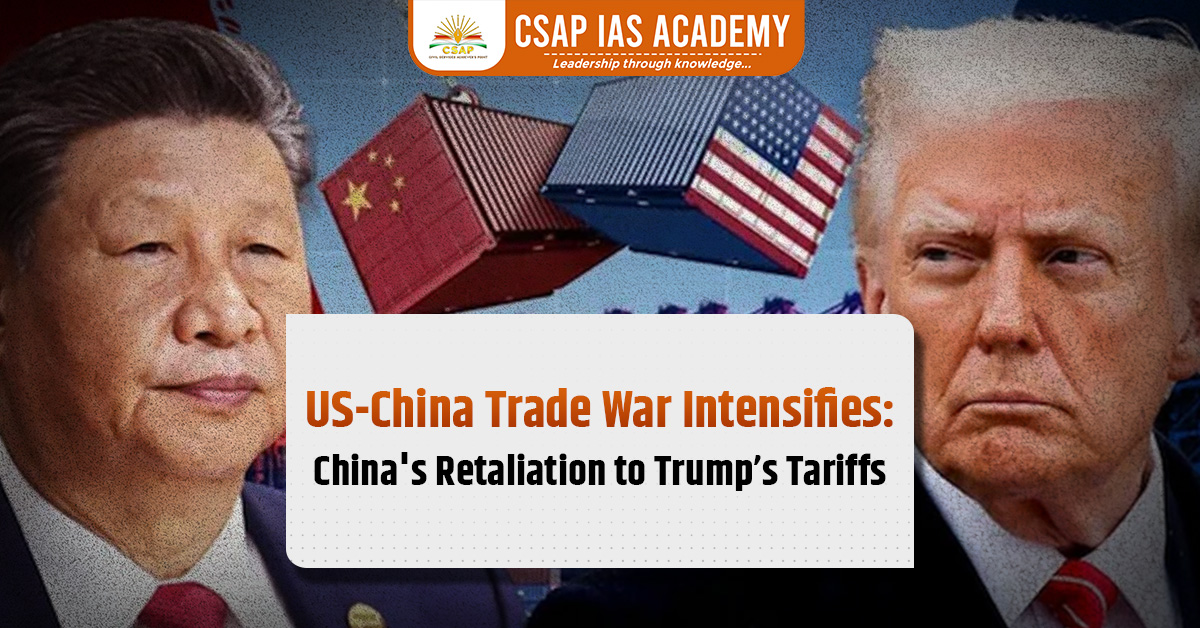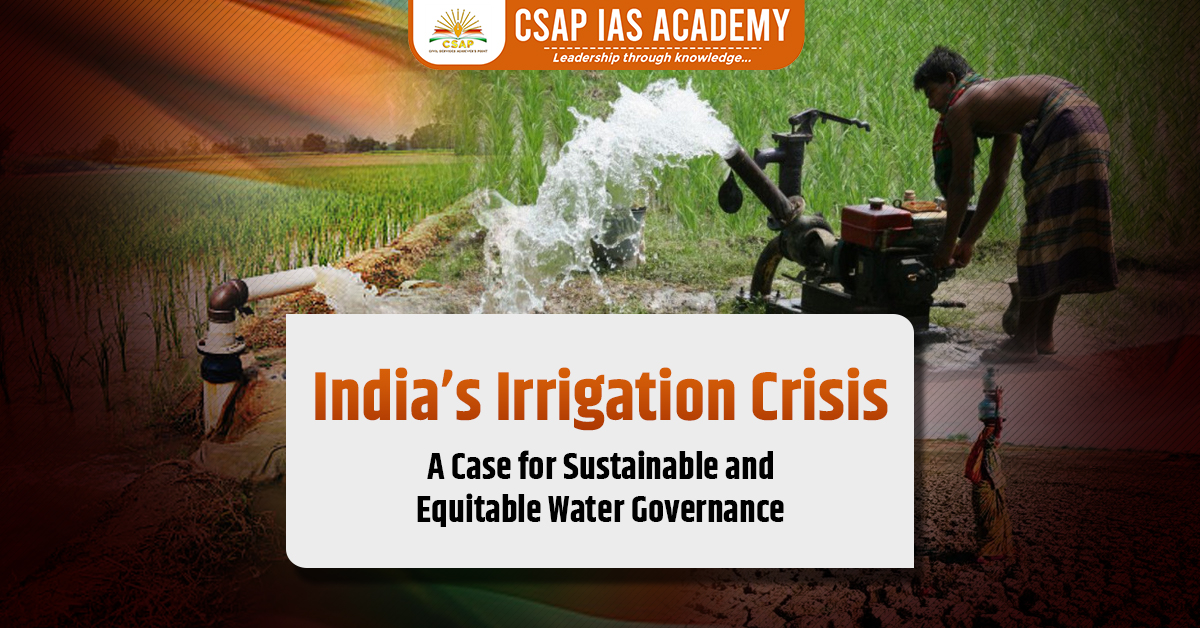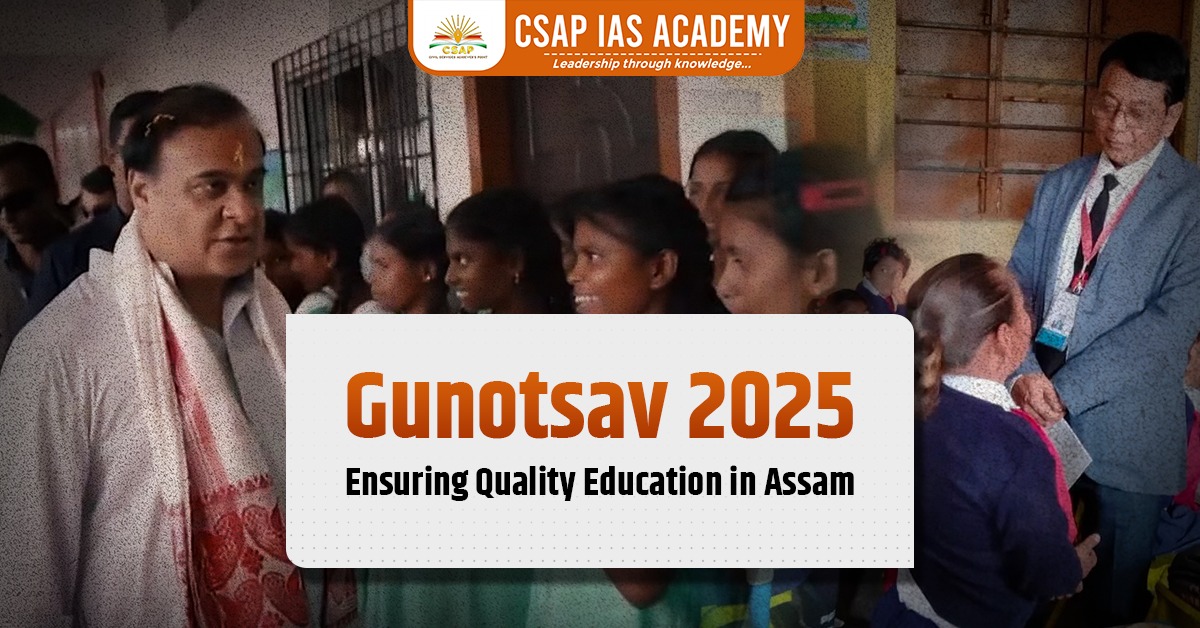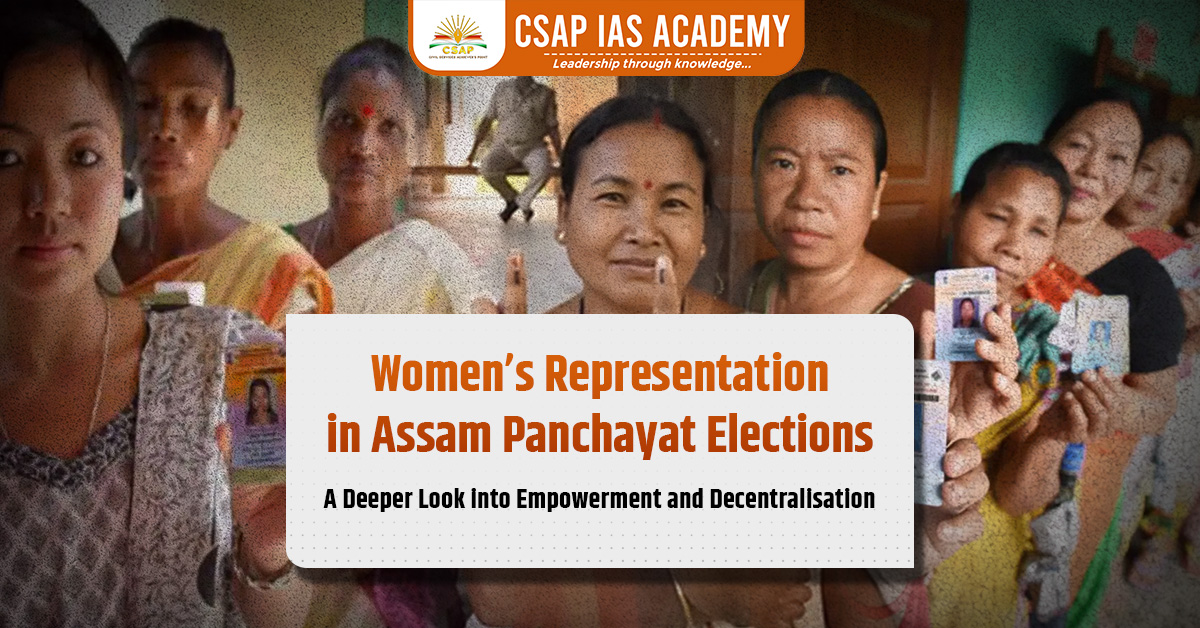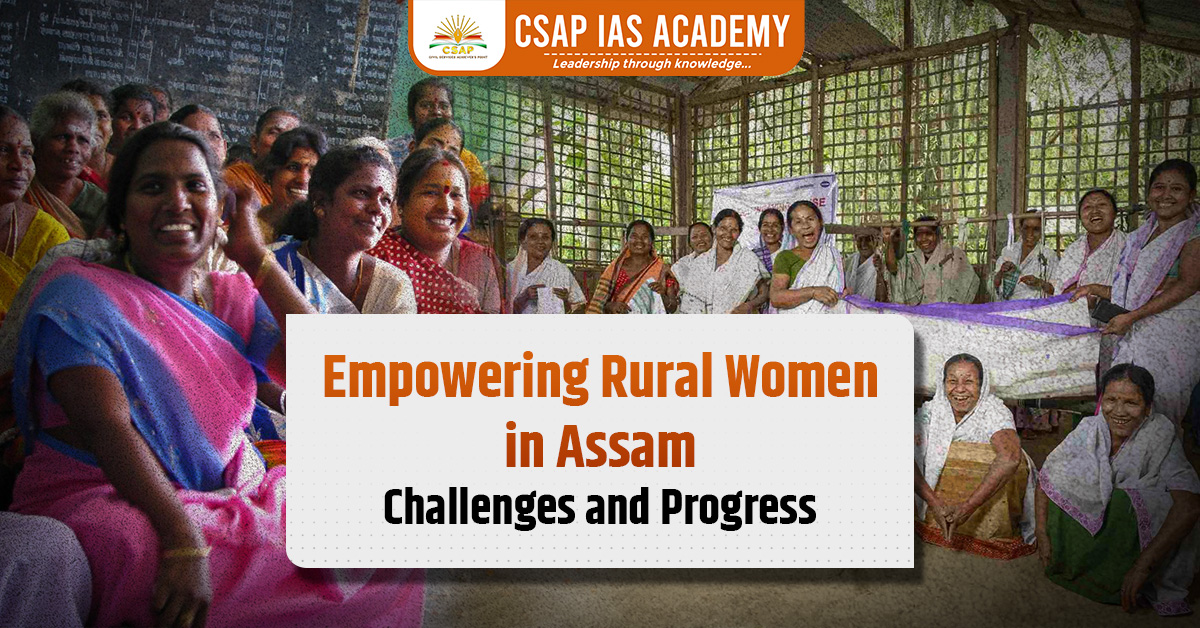A strong police-public relationship is essential for maintaining law and order, protecting citizens’ rights, and ensuring democratic accountability. However, in India, this relationship is often weakened by issues such as lack of trust, political interference, and outdated policing structures. In this blog, we will discuss why trust-based cooperation between the police and citizens is vital, examine the key challenges faced by Indian police forces, and explore the urgent need for reforms.
The Pillars of Law and Order

A well-functioning society requires law and order. The police play a crucial role in enforcing laws, securing individual rights, maintaining peace, and handling emergencies. They act as the primary link between the state and the citizens in times of conflict or unrest. The police are not just an enforcement body but also a visible symbol of state authority and service.
Burdened Badges: A Force Under Pressure
Despite their pivotal role, Indian police forces are plagued by structural and operational challenges. There is a severe shortage of personnel—India has only 154.84 police officers per 1,00,000 people, far below the UN recommendation of 222. Most police personnel are overworked, often denied adequate leave, and function under stressful conditions. Incentive structures are weak, especially for lower-level staff, reducing motivation and efficiency. Moreover, funds meant for modernization are often underutilized, resulting in outdated equipment and poor infrastructure.
Fragmented Federalism in Policing
Policing is a state subject, which means there is considerable variation across India in the strength and effectiveness of police forces. States like Uttar Pradesh, Bihar, West Bengal, and Andhra Pradesh are severely understaffed, with fewer than 100 police officers per 1,00,000 population. In contrast, some Northeastern states and Punjab fare better. A consistent and coordinated national approach is lacking, which hinders efforts to reform and professionalize the police force uniformly across states.
Declining Trust in Police-Public relationship
A worrying aspect of the current police-public relationship is the sharp decline in public trust. According to a 2018 survey by the Centre for the Study of Developing Societies (CSDS), less than 25% of Indians reported trust in the police. This lack of confidence stems from corruption, political interference, inefficiency, lack of transparency, custodial violence, and delayed grievance redressal. Such factors collectively alienate the public and diminish the legitimacy of the police.
Need for a People-Centric Approach
A well-coordinated police-public relationship is vital for upholding the rule of law. Citizens must be able to look at the police as protectors of their rights, not as agents of state coercion. The police must act fairly and impartially and be seen as legitimate enforcers of justice. Without public trust, even the best policies or tools cannot ensure safety and order.
Community Policing: Bridging the Gap
One promising approach is community policing, which encourages collaboration between the police and citizens. At its core, it promotes mutual trust and shared responsibility for safety. Kerala’s Janamaithri Suraksha Project, launched in 2008, is an excellent example of community-oriented policing. By encouraging police officers to interact with residents and participate in community initiatives, this model has improved both security and public perception.
The Urgency of Modernisation
Rapid urbanisation, rising crime, and social unrest demand an evolved policing system. Outdated laws like the Police Act of 1861 must be replaced by modern legislation aligned with democratic values and human rights. Skill development, proper training, technological upgrades, and better working conditions are urgently needed to professionalize the police force. Reforms must also ensure that police officers are free from political pressures and can function independently.
Accountability as a Cornerstone
Police accountability is a crucial mechanism against abuse of power. Instances of fake encounters, custodial deaths, and torture have highlighted the need for robust internal checks and independent oversight. Transparent investigation mechanisms, citizen review boards, and stricter enforcement of human rights standards are essential to restoring faith in the police.
Reforms for the Future
Transformative reforms must be rooted in structural change, not just temporary measures. The recommendations of various police reform committees, including the National Police Commission, have often been ignored. There must be a political will to implement reforms such as fixed tenure for officers, separation of law-and-order duties from investigation, and the establishment of independent complaints authorities.
Conclusion: Rebuilding Trust for a Just Society
The police-public relationship lies at the heart of a democratic state’s legitimacy and effectiveness. It must be built on mutual respect, trust, and shared responsibility. India needs a modern, professional, and accountable police force that is people-centric and responsive to the needs of a dynamic society. Only through systemic reforms, community engagement, and unwavering accountability can we create a policing system that strengthens democracy and ensures justice for all.
Read: Queen Sati Sadhani
Download App:

